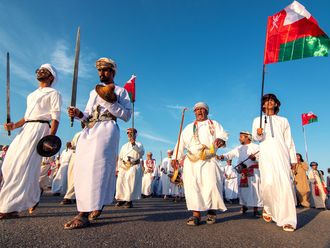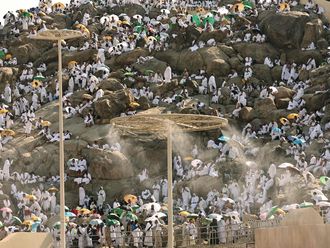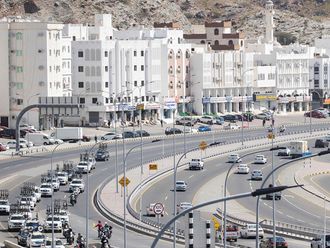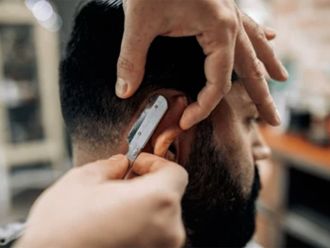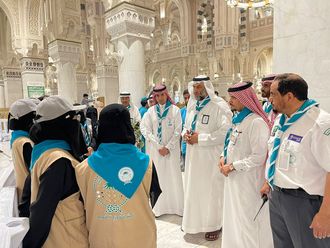Muscat: Latest research findings will be discussed during the third conference of the International Society of Camelid Research and Development (ISOCARD 2012) to be held from January 29 to February 1 at the Sultan Qaboos University (SQU).
More than 200 scientists from will gather to discuss the conference theme “challenges facing camelids in a changing world”.
Dr. Yasmin Al Tahir Ahmad, conference organising committee member and Assistant Professor at SQU, said that during the four days, scientists will present and discuss their findings pertaining to a broad spectrum of topics ranging from camel production, to the application of camels to generate Nano bodies and the use of camel products.
The event is hosted by the Animal and Veterinary Sciences Department of the College of Agricultural and Marine Sciences at SQU.
Research
The SQU has an active research programmes addressing the camel, and it is currently recognised as an international leader in research on camel products as a result of an increasing research output. With its Animal and Veterinary Science Department and the Veterinary Technology programme, SQU has furnished a solid platform for advanced scientific studies and investigations on camelids and other animal species.
The department offers up-to-date courses in the veterinary sciences and trains students to master technical procedures and scientific research methodologies.
The Veterinary Technology programme in the Department of Animal and Veterinary Science was launched in 2005 and soon proved to be a success.
The programme works to meet the technical demands of an expanding veterinary profession and the mobile population of the country.
Master's programmes
The SQU has spared no effort to support and facilitate scientific research and create a sustainable research culture. With its generous funding schemes, state-of-the-art research centres and qualified staff, SQU ranks high and is set to be a leader in the scientific field.
SQU is currently running 51 master’s programmes in which hundreds of students are enrolled in different disciplines including Agriculture and Marine Sciences.
Prof. Esam T. Khadim, Chairman of the Conference, said that the camel is an integral part of culture and agriculture in Oman and in many countries of the world.
“Camel is a pride and glory for the Omanis. Omani camels are known to be the best racing animals in the Gulf region. Bodies of great interest in the camel include the Royal Diwan Affairs (Camel Corps and Directorate of Veterinary Services), The Research Council, Ministry of Agriculture, and Omani Federation for Camel Racing as well as camel owners. Besides its aesthetic value in the Bedwin and Arabian culture and rural economy, the camel is gaining global importance because of its value in biomedical research,” he added.


